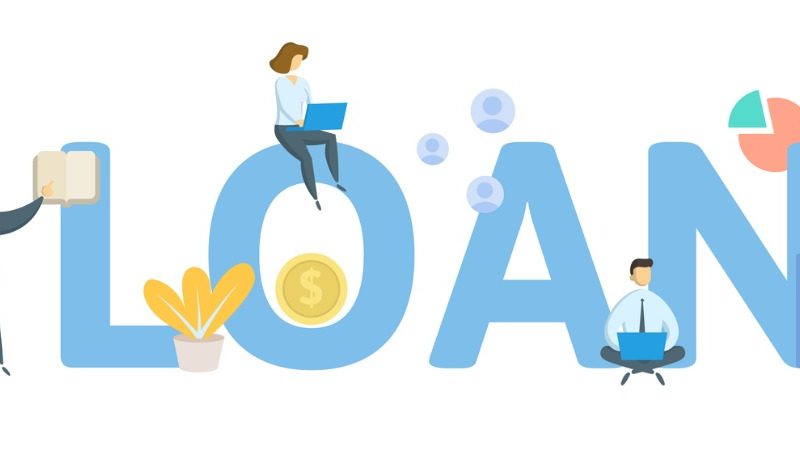How to find the best home loan for your needs
Of course you want a home loan with low interest rates, minimal fees and an offset account that lets you deduct 100% of the balance from the amount owed. But other than that, the definition of the “best” loan varies based on your personal circumstances.
Ready to apply? Check out our offers page for a range of home loan offers to suit your needs.
The basics
As described in the intro, there are three basic things all hopeful Kiwi homeowners will want to look for in a loan:
A low interest rate
Some loans will come with fixed interest rates meaning the lender bases your interest rate on market rates at the time of the loan and locks this rate in place for the loan duration.
Others come with variable interest rates where the rate fluctuates based on whatever the market rates are at any given time.
Either way, your bank will charge what’s called a spread, which is the percentage they charge you over and above market interest rates. The best home loan for you will be the one with the lowest spread.
Minimal fees
Lenders will often charge a number of fees as you apply for and configure your loan. These can include:
- Application fee. A fee you pay just to apply for the loan.
- Valuation fee. What your lender charges to assess the value of the home you want to purchase.
- Search processing fee. What your lender charges to do a title search on the property.
- Service fees. A monthly fee your lender charges for general record-keeping and other ongoing loan-related tasks.
- Redraw fee. A fee to withdraw money you’ve already paid toward your loan.
- Late payment fee. A fee for paying your monthly mortgage payment past the due date.
- Switching fee. What your lender charges you to switch loans internally within the same bank.
- Portability fee. A fee to shift your home loan from one house to another using the same lender, in order to avoid many of the other set-up fees associated with a brand new loan.
- Discharge fee. A final fee you pay when you pay off your loan or move to another lender.
- Repayment fee. A fee your lender charges on top of the discharge fee if you pay your loan off early. These don’t apply to variable rate home loans taken out after 1 July 2011.
This is not an exhaustive list, so make sure you check the list of fees for a few different lenders and look for lenders with the lowest possible fees.
It’s also worth searching for a lender who will waive some of these fees.
100% offset account
An offset account is a transaction account linked to your mortgage. With an offset account in place, you pay interest not on the outstanding loan amount but on the outstanding loan amount minus whatever you have stashed away in your offset account.
Meaning the more you have in the offset account, the less you’ll pay in interest.
The best offset accounts are the ones where the bank offsets the entire balance rather than a percentage of it.
Another advantage of having an offset account is that the money is there to use if you ever need it.
Other ways to find the best home loan for you
The tips described above apply to nearly anyone looking for a loan. However, there are other factors to consider when trying to score your best home loan.
After all, what’s best for one person isn’t necessarily what’s best for everyone.
Here are some questions you can ask yourself to determine if a particular loan is right for you:
- Are you struggling to save a large enough down payment? Most lenders offer a maximum loan-to-value ratio (LVR) of 80% (ie, a minimum down payment of 20%). However, you still have options if you can’t come up with that much. You can find a lender that offers a higher LVR, in which case you’ll have to pay for additional insurance to offset their risk. Or avoid paying insurance by finding a lender that will let a family member guarantee a portion of your loan by using some of the equity in their own home as collateral.
- Do you need other financial products? Many lenders will offer you discounts on other products if you have a home loan with them. For example, a bank might waive the annual fee on a credit card that might otherwise have an annual fee attached to it. If you need other financial products, the best home loan for you will be one that offers these types of perks in addition to low rates, minimal fees and everything else that makes a loan desirable.
- Do you have a strong credit history? Lenders prefer low-risk borrowers who don’t overextend themselves and who pay their debts on time. The best lender for you will be one that won’t penalise you with high interest rates based on one or two bad marks on your credit file. If your credit history is a bit spotty and you’re in no hurry for a home loan, you can always wait a little bit longer and take steps to improve your credit score.
Bottom line
Apart from being approved in the first place, the most important thing is to find a loan that will save you money – whether that’s through securing a low rate, avoiding fees, scoring monetary perks, avoiding unnecessary insurance payments or any mix of the above.
How this plays out will differ from person to person based on individual circumstances. So do your research and make sure to take all of these variables into consideration when comparing lenders.
Don’t forget to check out some more of our mortgage and home loan tips here.
The information provided in this article is general in nature and does not constitute personal financial advice. It has been prepared without taking into account your personal objectives, financial situation or needs. Before making any decisions, it is important for you to consider your personal situation and seek appropriate tax, legal and other professional advice.
Credit Simple
Credit Simple gives all Kiwis free access to their credit score, as well as their detailed credit report. See how your credit score compares by age, gender and community and gain valuable insights into what it all means.
All stories by: Credit Simple


